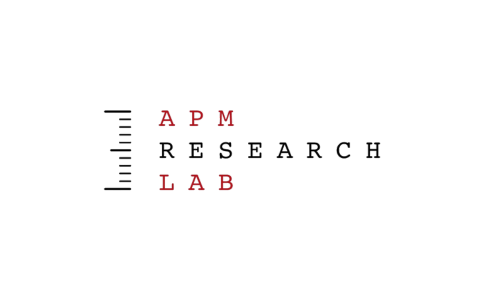Minnesota is generally thought of as a highly educated state: 43% of the state’s residents age 25 to 34 hold a bachelor’s degree, ranking eighth highest in the nation.
But the state still struggles with some urgent issues, including student mental health, gaps in early childhood education, career and technical education, and persistent education disparities. In 2019, a report from the Federal Reserve Bank of Minneapolis found that Minnesota is one of the worst states in the country for education achievement gaps.
In this article, we look at responses from the Minnesota’s Diverse Communities survey, conducted by SSRS, which asked the state’s residents about their attitudes toward K-12 public schools.
